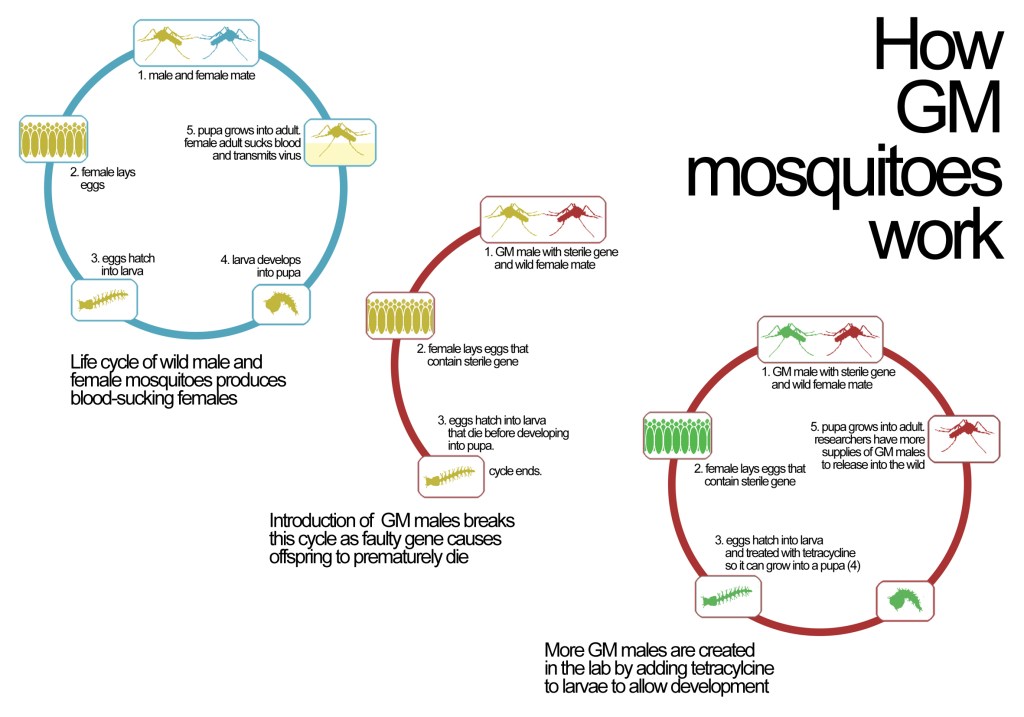7667766266
enquiry@shankarias.in
Why in news?
The Department of Biotechnology (DBT) is hesitant to permit field trials to release GM mosquitoes to tackle certain diseases.
What is the initiative?
What is the new gene?
What does it do?

How is it justified?
Why is DBT hesitant to approve?
Source: Business Standard